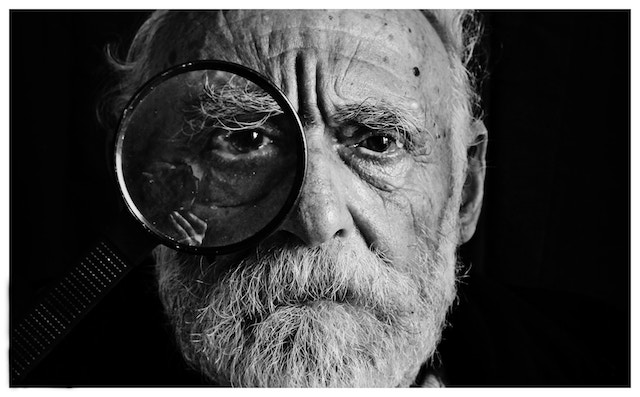
It may seem strange for me to be writing an article on mid-life crisis, as I am only 23 years old—but I actually can relate.
I’ve had a unique experience for a person my age, having dealt with a severe chronic illness for the past five years. It has been deeply debilitating and immensely frustrating, making all my dreams in life seem lofty and unattainable.
I know what it is like to get the wind knocked out of my sails, and I feel like this experience gives me an understanding of what it’s like to hit that infamous mid-life wall.
It’s a strange problem, and one that has only been faced by modern people. In other eras of human history, we didn’t have time to consider the existential problems that arise mid-life because we were too busy surviving. It’s important to realize that it is a great privilege to even be able to have a mid-life crisis. It wouldn’t be possible without our technological developments over the past couple of centuries.
A chapter in Carl Jung’s book, Modern Man in Search of a Soul, made me think of this. He talks about the various stages of life and how, in the first half of it, we are establishing ourselves as individuals—learning to conduct ourselves as active agents in the world. This is when we typically build our careers, start a family, buy a house, and so on.
When we arrive at the second half of our lives, things get trickier. We have done everything society told us to do, and yet, we are left still wanting more. We have established ourselves as individuals and civilized adults, but all our efforts and achievements don’t seem to matter as much as they once did.
It is a simple problem but, like many simple things, we often miss it.
Human beings need a sense of purpose, and when that purpose isn’t filled with work or family, we feel empty—as though our lives have no meaning. The second half of life provides a whole new set of challenges.
One of the great secrets of life is that we never fully arrive. We are always coming and going. We will never reach a point in life when we are wholly fulfilled or lastingly satisfied. And if (by some cosmic anomaly) we reach that point, we can be sure a storm will soon be on its way.
Life is far too dynamic for absolutes. We are always changing, whether we wish to or not, and it is important that we embrace this rather than get stuck in the past or the future.
Part of why we reach this mid-life tipping point is because we have spent the majority of our lives thinking about the future. We then attempt to make up lost time by thinking about the past. A friend once jokingly told me, “If you have one foot in the past and one foot in the future, you are pissing on the present.”
Carl Jung eloquently speaks to a similar sentiment:
“We cannot live the afternoon of life according to the program of life’s morning. The afternoon of human life must have a significance of its own and cannot be merely a pitiful appendage to life’s morning.”
I feel like I have run into this problem early in life, and I am grateful for this. The meaning of my life has been altered by my illness. All of the things I aspired to do—travel, fall in love, go to school, and get a job—are not possible for me to attain. My life’s beautiful potentialities have been taken from me for the time being, and it has been an extensive process to accept this.
So what do we do when we lose our sense of meaning in life—whether mid-life or otherwise?
We can do two things: Create a new purpose; and live in the present moment.
I have made my life’s purpose to suffer with dignity and to transform my suffering into love.
In terms of remaining present, I constantly remind myself not to resist life. When I get stuck in my head, I just remember to breathe and not judge myself. I also engage in a meditation practice to help myself along the way.
With a sense of purpose and connection to the present moment, we feel at home in this life.
Wherever we are in life, whether we be at the start, middle, or near the finish line, it is important that we never lose our zest for it all. We mustn’t be so concerned with the big things that we forget the small things, and alternately we mustn’t be so focused on the small things that we forget the big picture.
Let’s take it all in, while never fully succumbing to the fear and loathing that comes along with it.
Relephant:
~
~
~
Author: Samuel Kronen
Image: Mari Lezhava/Unsplash
Editor: Danielle Beutell
Copy Editor: Catherine Monkman
Social Editor: Emily Bartranephant











Read 6 comments and reply